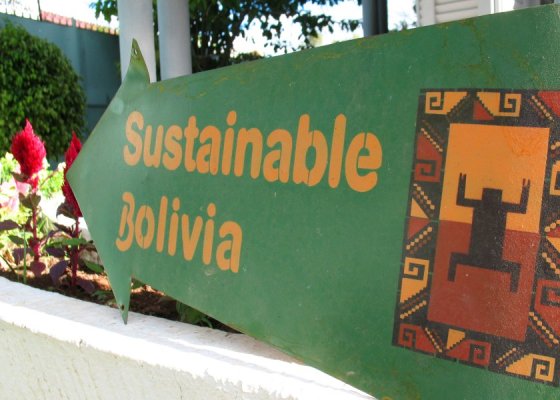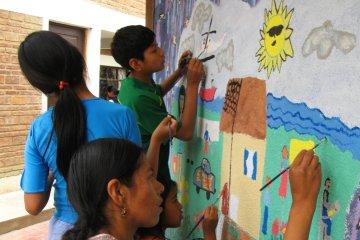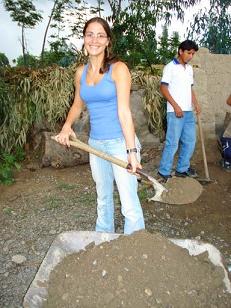Photo: Hal Amen
During the last six weeks volunteering through the Cochabamba-based Sustainable Bolivia, I’ve come to know its small but friendly and dedicated staff, some of the 30 local foundations it supplies with funding and volunteers, and a bit about its business model.
Less clear to me, though, is how the organization developed. What makes people devote their lives to the pursuit of improving others’, and, more importantly, how do they go about this?



